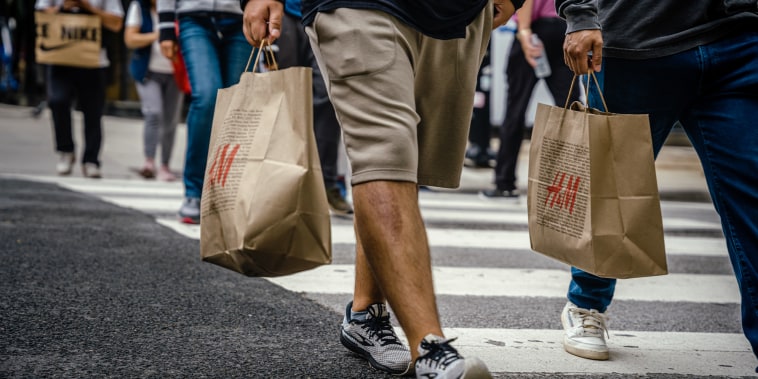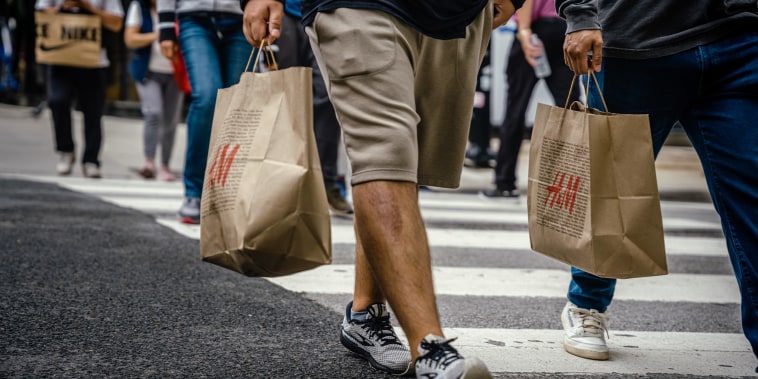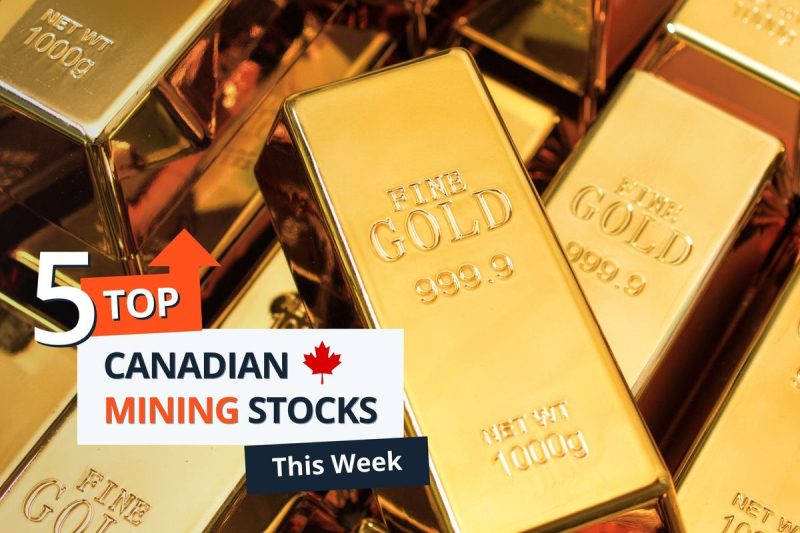Federal Reserve official agrees the central bank can ‘proceed carefully’ on interest rates


Federal Reserve Governor Christopher Waller said Tuesday that the recent round of strong economic data will buy the central bank some time as it decides whether additional interest rate hikes are needed to control inflation.
“That was a hell of a good week of data we got last week, and the key thing out if it is it’s going to allow us to proceed carefully,” Waller told CNBC’s Steve Liesman during a “Squawk Box” interview. “We can just sit there, wait for the data, see if things continue.”
Highlighting those data points was Friday’s nonfarm payrolls report, which showed better-than-expected growth of 187,000 jobs in August while average hourly earnings rose just 0.2% for the month, lower than forecast.
Earlier in the week, other reports showed that the Fed’s preferred inflation gauge rose just 0.2% in July, and that job openings, a key measure of labor market tightness, fell to their lowest level since March 2021.
“The biggest thing is just inflation,” Waller said. “We got two good reports in a row.” The key now is to “see whether this low inflation is a trend or if it was just an outlier or a fluke.”
Waller is generally considered one of the more hawkish members of the rate-setting Federal Open Market Committee, meaning he has favored tighter monetary policy and higher interest rates as the central bank battles inflation that in the summer of 2022 was running at its highest rate in more than 40 years.
While he was encouraged by the recent reports on where prices are trending, he said they also indicate that the Fed can afford to hold rates higher until it is sure inflation is on the run.
“That depends on the data,” Waller said when asked whether the rate increases can stop. “We have to wait and see if this inflation trend is continuing. We’ve been burned twice before. In 2021, we saw it coming down and then it shot up. The end of 2022, we saw it coming down, then it all got revised away.”
“So, I want to be very careful about saying we’ve kind of done the job on inflation until we see a couple of months continuing along this trajectory before I say we’re done doing anything,” he added.
Markets are assigning a near-certainty to the chances that the Fed skips a hike at its Sept. 19-20 meeting. However, there’s a 43.5% probability of an increase at the Oct.31-Nov. 1 session, according to CME Group tracking of futures pricing, indicating some uncertainty. Goldman Sachs this week said it expects the Fed is done.
“I don’t think one more hike would necessarily throw the economy into recession if we did feel that we needed to do one,” Waller said. “It’s not obvious that we’re in real danger of doing a lot of damage to the job market, even if we raise rates one more time.”
Waller’s remarks come less than two weeks after Fed Chair Jerome Powell said inflation is still too high and could require more rate hikes, though he noted policymakers will “proceed carefully” before moving.
More from CNBC:
Here’s why some economists are concerned student loans may cause the next big bubble‘Really bad economics’: Nobel laureate Joseph Stiglitz explains where the Fed went wrong on inflationDisgruntled Europeans hit out at banks for not passing on higher rates on savings



